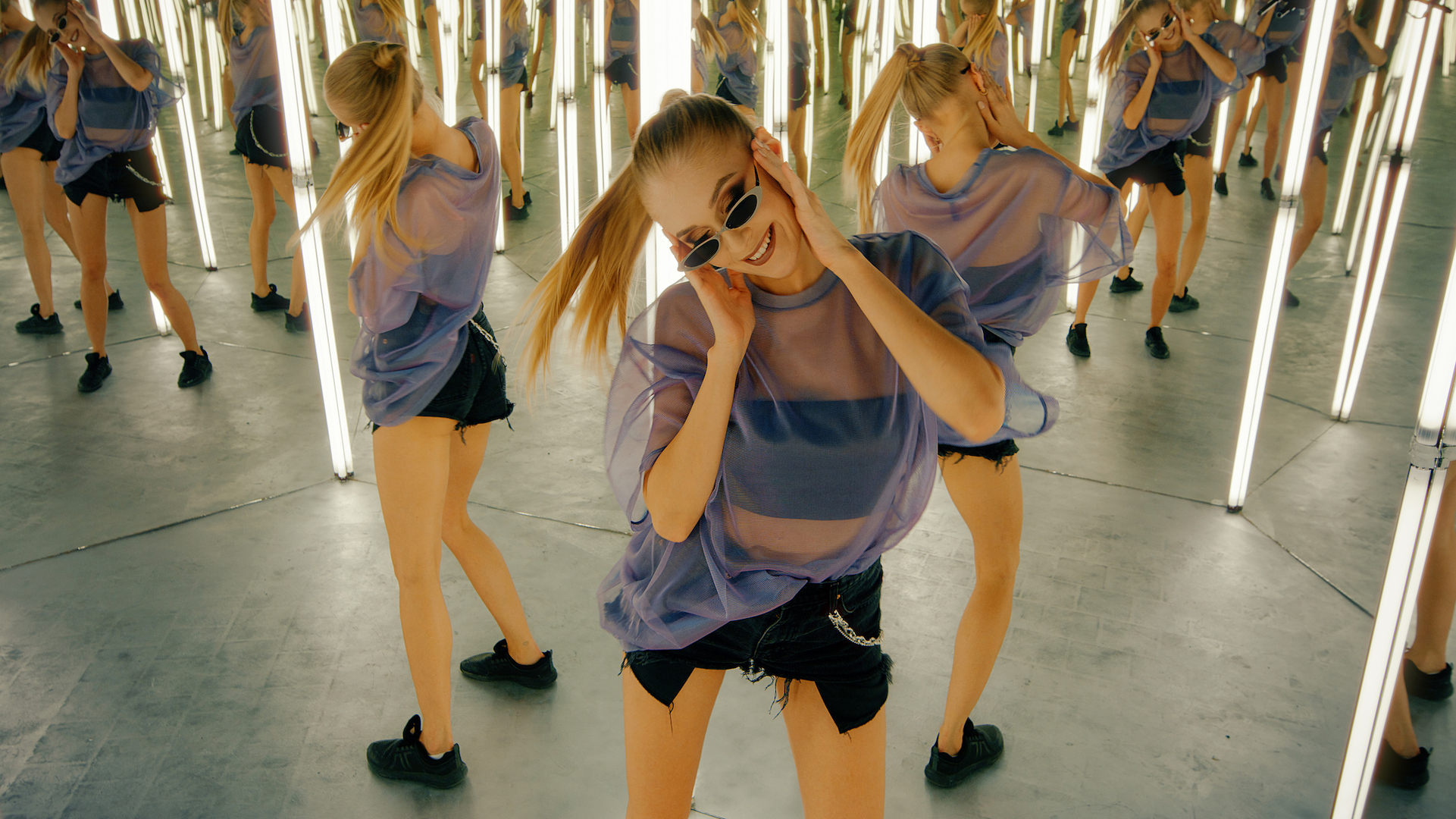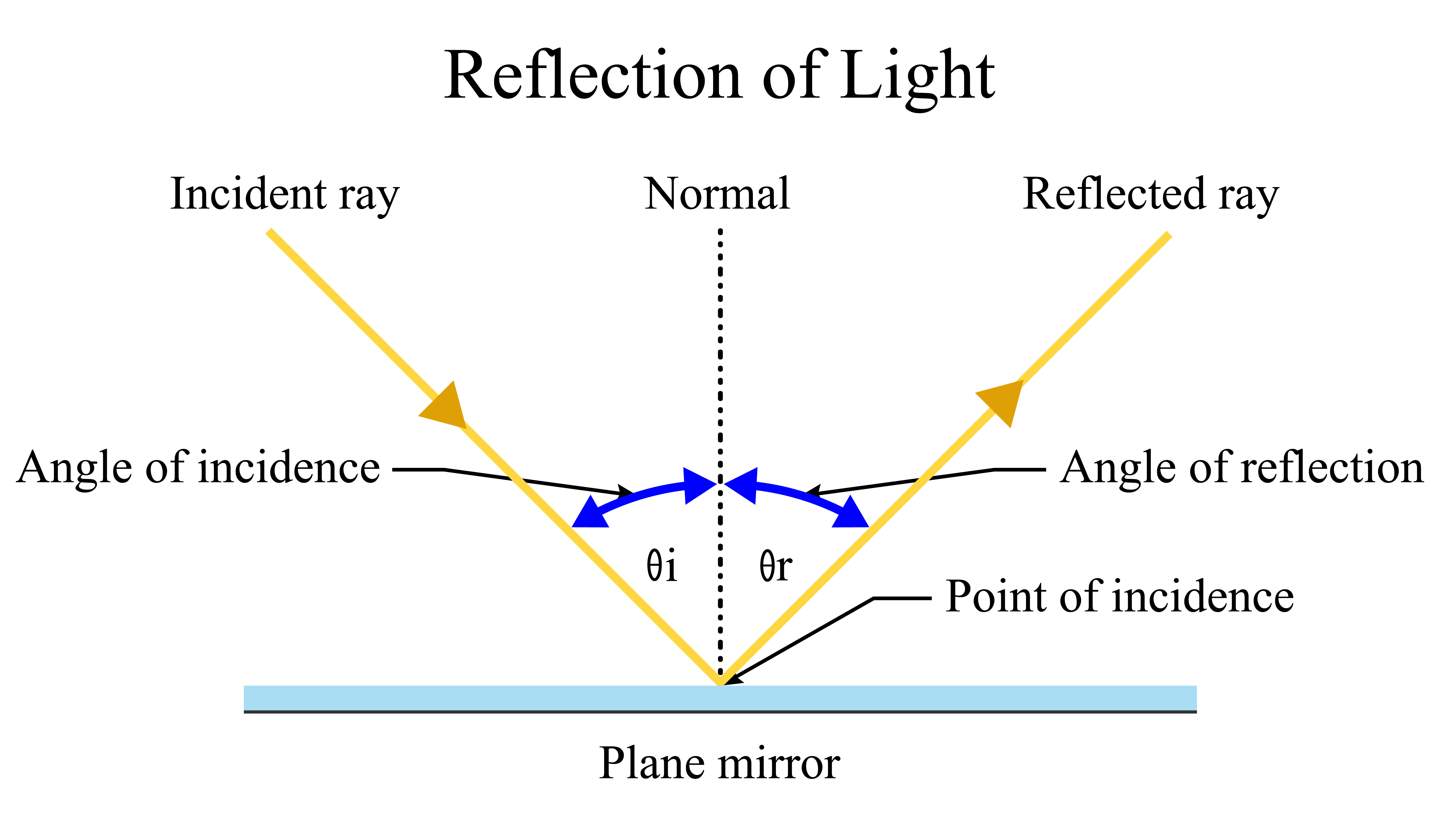
In a hall of mirrors, you can see yourself stretched, squashed and multiplied thanks to the reflective physics of mirrors. One mirror reflects onto another, which reflects onto another, and so on. It may seem as if it could go on an infinite number of times. But can mirrors facing each other really create infinite reflections?
In theory, yes — but the imperfections in mirrors make it effectively impossible, experts told Live Science. Mirror materials commonly used today, such as glass coated in thin layers of silver and aluminum, which absorb small amounts of light with each reflection.
"If we had a perfect mirror, the reflections would be infinite," Rajesh Menon, a professor of electrical engineering at the University of Utah, told Live Science in an email. "However, there is always a small loss at each reflection, primarily due to absorption. So, after many reflections, the light is completely absorbed, and hence reflections end."
In this case, a perfect mirror doesn't necessarily refer to a mirror that reflects the most beautiful image but rather to a mirror that reflects 100% of light without absorbing any of it.
Related: Can anything travel faster than the speed of light?
When mirrors bounce light back and forth, they are participating in the law of reflection, Menon said. Under this physical law, light strikes and bounces off a smooth, reflective surface with an equal angle. This is why your reflection in a bathroom mirror looks realistic, whereas your image in a funhouse mirror is distorted.
However, these reflections lose their clarity over time. "Every time the light hits the mirror, not all of it is reflected — only 90-98% gets reflected, and the rest is absorbed," Julie Bentley, a professor of optics at the University of Rochester, told Live Science in an email. As a result, these reflections get dimmer and dimmer as more light is absorbed, until there is not enough light to see a reflection, Bentley said. This is why, when you're waving at your reflection a hundred layers deep, you might notice that it's very difficult to see.

How many reflections are possible?
With very good mirrors — one that absorbs minimal light — you may be able to create "many thousands or tens of thousands of reflections," Menon said.
Currently, no mirror material can reflect 100% of visible light. However, it can be done under very specific parameters for a single wavelength, or "color," of light, Menon said.
"This is typically achieved by canceling out transmitted light via a phenomenon called 'destructive interference,'" Menon said, referring to light that passes through a medium instead of being reflected or absorbed.
If you picture a wavelength of light as a rope oscillating up and down, then this phenomenon occurs when two wavelengths are oscillating in exactly opposite ways. In other words, one "rope" has a peak where the other has a valley. As a result, both of their motions are canceled. This helps to maximize the amount of reflection.
And while typical mirrors may not be perfect reflectors, creating even thousands of reflections can be an important scientific tool, Bentley and Menon said. For example, these large numbers of reflections can be used to create lasers or to help solar panels absorb light.
"Light trapping in thin solar cells uses this phenomenon to allow the light to bounce around many times, so the probability of light being absorbed increases," Menon said. "We want the light to be absorbed in order to generate electricity!"







